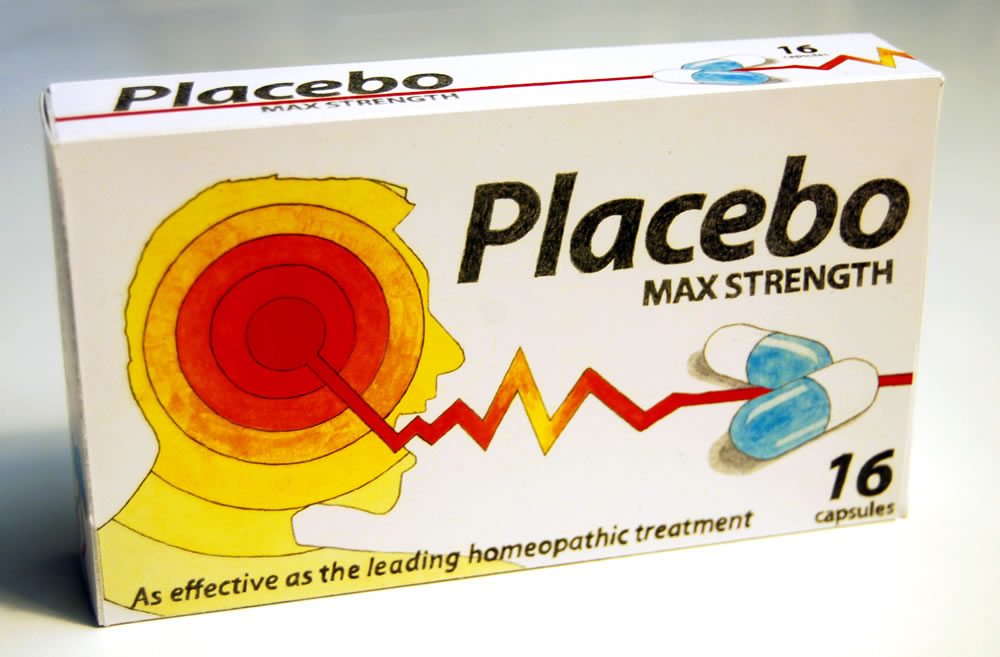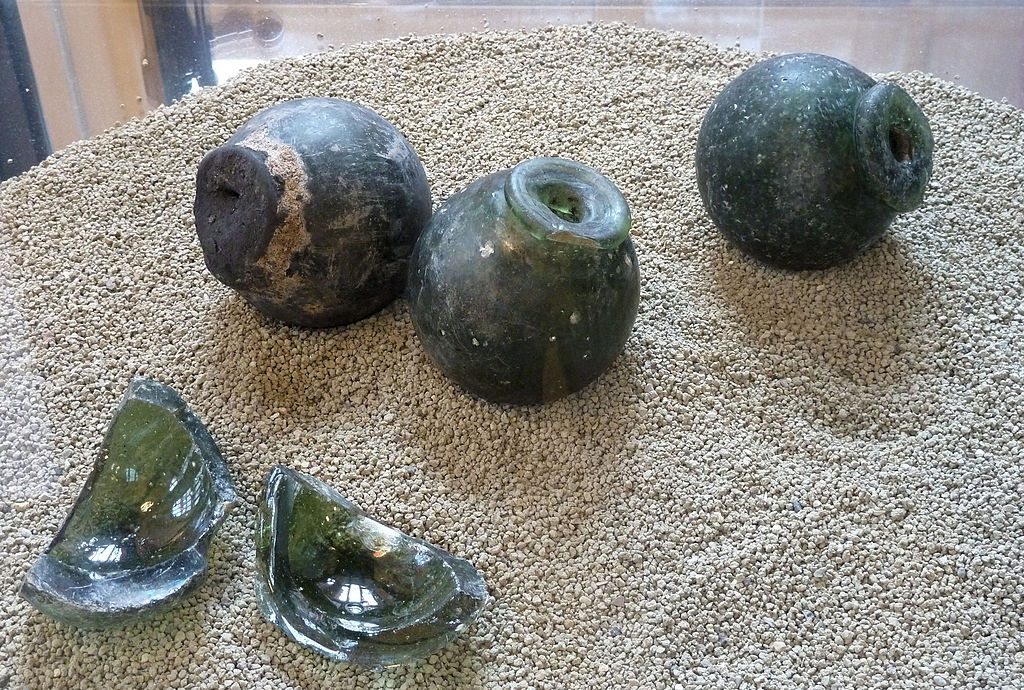Category: Basic Science
Reassessing whether low energy electromagnetic fields can have clinically relevant biological effects
It is with some trepidation that I write this, given that I realize this post might lead to charges that I’ve allowed myself to become so open-minded that my brains fell out, but I think the issues raised by what I’m about to discuss will make our readers think a bit—and perhaps spark some conversation. Because I’m in a bit of a...
NIH Director Francis Collins doesn’t understand the problem with CAM
As the sole cancer surgeon among our stable of Science-Based Medicine (SBM) bloggers, I’m probably the most irritated at the infiltration of pseudoscience into academia (or, as we sometimes like to call it, quackademic medicine) in the realm of cancer. Part of the reason, of course, is that cancer is so common and that the consequences of adding pseudoscience to cancer therapy...

The rebranding of CAM as “harnessing the power of placebo”
If there’s one thing I’ve learned over the past seven years or so that I’ve been blogging, first at my other “super secret” (or, more accurately, super “not-so-secret”) blogging location, and then the four years I’ve been blogging here at Science-Based Medicine (SBM), it’s that the vast majority of “alternative medicine,” “complementary and alternative medicine” (CAM), and “integrative medicine” (IM) treatments (or...
Generic Drugs: Are they Equivalent?
With healthcare costs continuing to rise, generic drugs are looking more attractive than ever. The prospect of getting the same drug at a lower cost is tempting to anyone with a large drug bill — patient or insurer alike. The savings are massive: Lipitor lost patent protection last month — it was a $10 billion drug, and the generic versions are priced...
On the “individualization” of treatments in “alternative medicine,” revisited
As I contemplated what I’d like to write about for the first post of 2012, I happened to come across a post by former regular and now occasional SBM contributor Peter Lipson entitled Another crack at medical cranks. In it, Dr. Lipson discusses one characteristic that allows medical cranks and quacks to attract patients, namely the ability to make patients feel wanted,...
Inflammation: Both Friend and Foe
A number of buzz-words appear repeatedly in health claims, such as natural, antioxidants, organic, and inflammation. Inflammation has been implicated in a number of chronic diseases, including diabetes, Parkinson’s, rheumatoid arthritis, allergies, atherosclerosis, and even cancer. Inflammation has been demonized, and is usually thought of as a bad thing. But it is not all bad. In a study in Nature Medicine in September...

Dr. Stanislaw Burzynski, antineoplastons, and the selling of an orphan drug as a cancer cure
Over the last couple of weeks, I’ve been spending a lot of time (and, characteristically, verbiage) analyzing the phenomenon known as Dr. Stanislaw Burzynski and his “cancer cure” known as antineoplastons. In part I of this series, Stanislaw Burzynski: Bad medicine, a bad movie, and bad P.R., I used the legal threats against bloggers criticizing the credulous promotion by the British press...
Dr. Stanislaw Burzynski’s “personalized gene-targeted cancer therapy”: Can he do what he claims for cancer?
Last week, I wrote a magnum opus of a movie review of a movie about a physician and “researcher” named Stanislaw Burzynski, MD, PhD, founder of the Burzynski Clinic and Burzynski Research Institute in Houston. I refer you to my original post for details, but in brief Dr. Burzynski claimed in the 1970s to have made a major breakthrough in cancer therapy...

Stanislaw Burzynski: Bad medicine, a bad movie, and bad P.R.
And the Lord spake, saying, “First shalt thou take out the Holy Pin. Then shalt thou count to three, no more, no less. Three shall be the number thou shalt count, and the number of the counting shall be three. Four shalt thou not count, neither count thou two, excepting that thou then proceed to three. Five is right out. Once the...
Woo-omics
Every so often, I come across studies that leave me scratching my head. Sometimes, these studies are legitimate scientific studies that have huge flaws or come from an assumption that is very off-base. Other times, they involve what Harriet Hall has termed “tooth fairy science,” wherein the tools of science are used to study a phenomenon that is fantastical, whose very existence...

